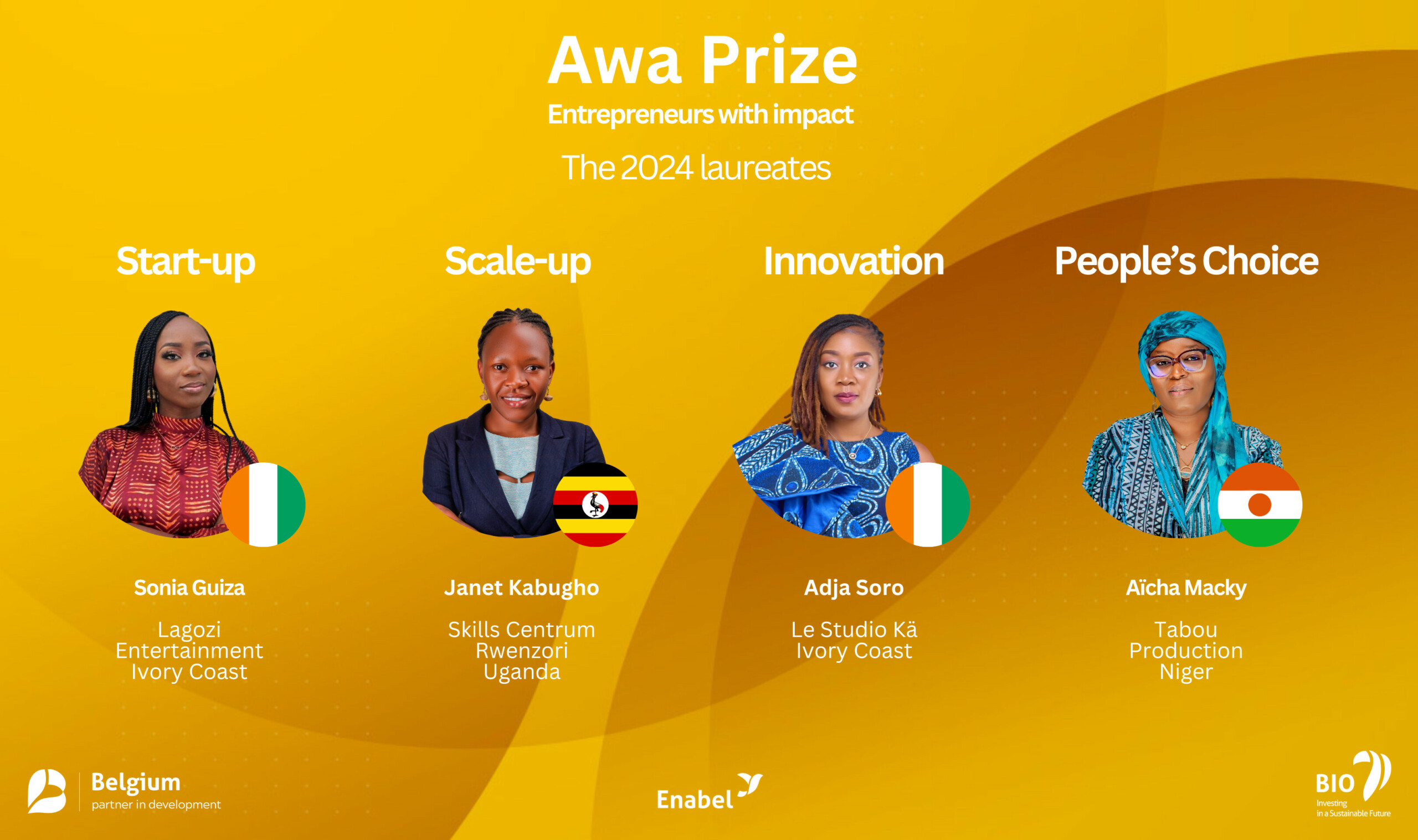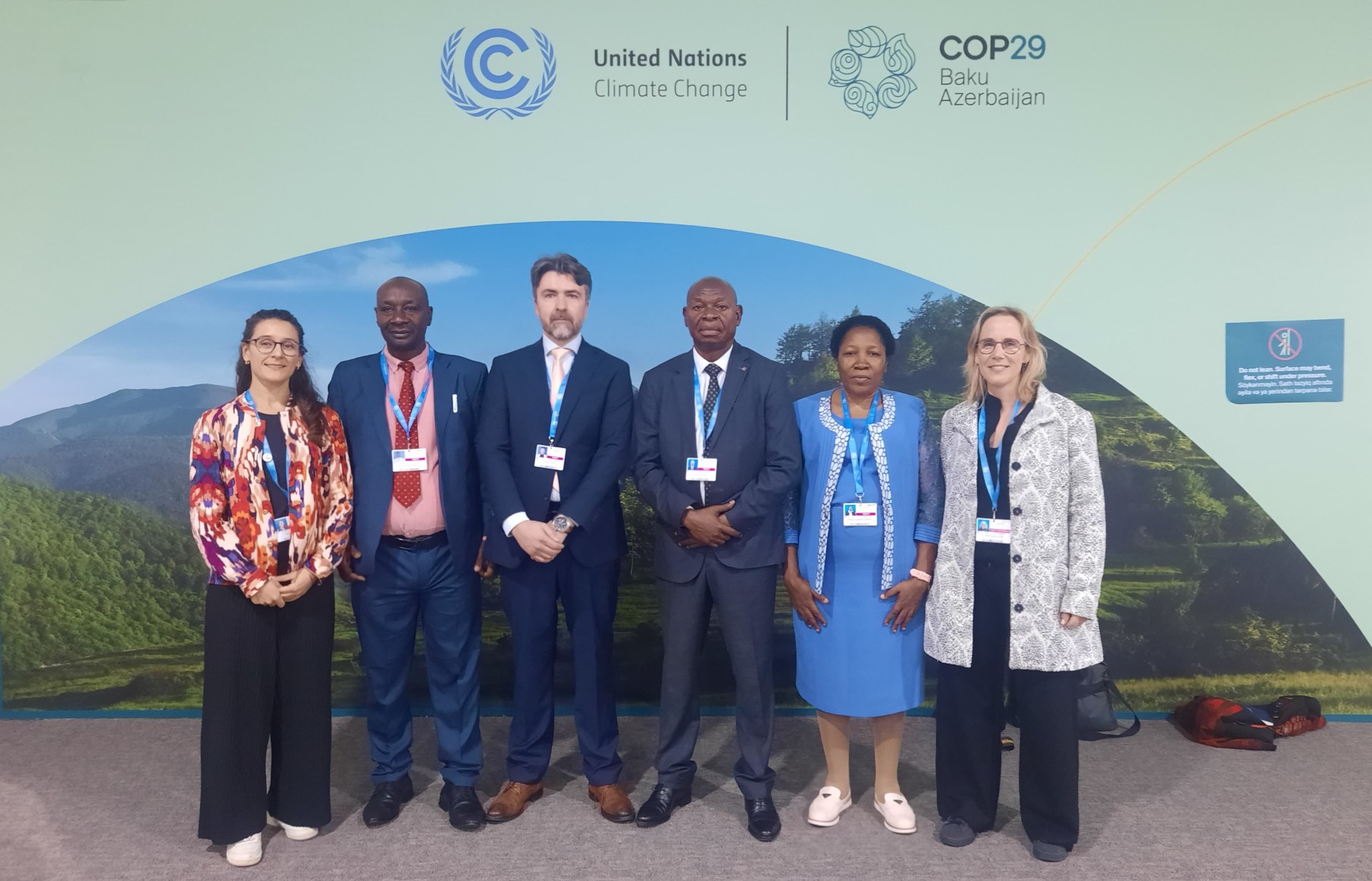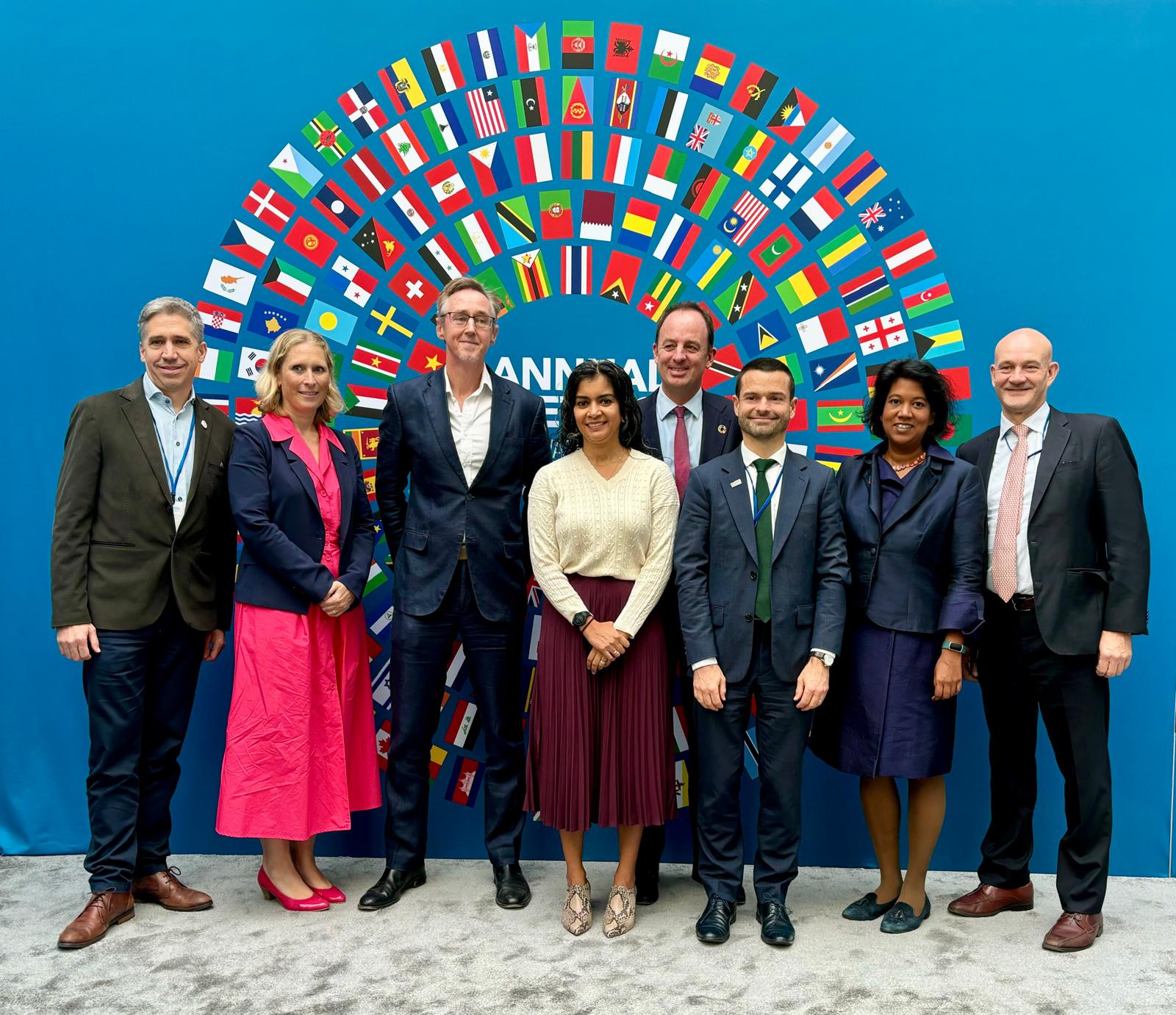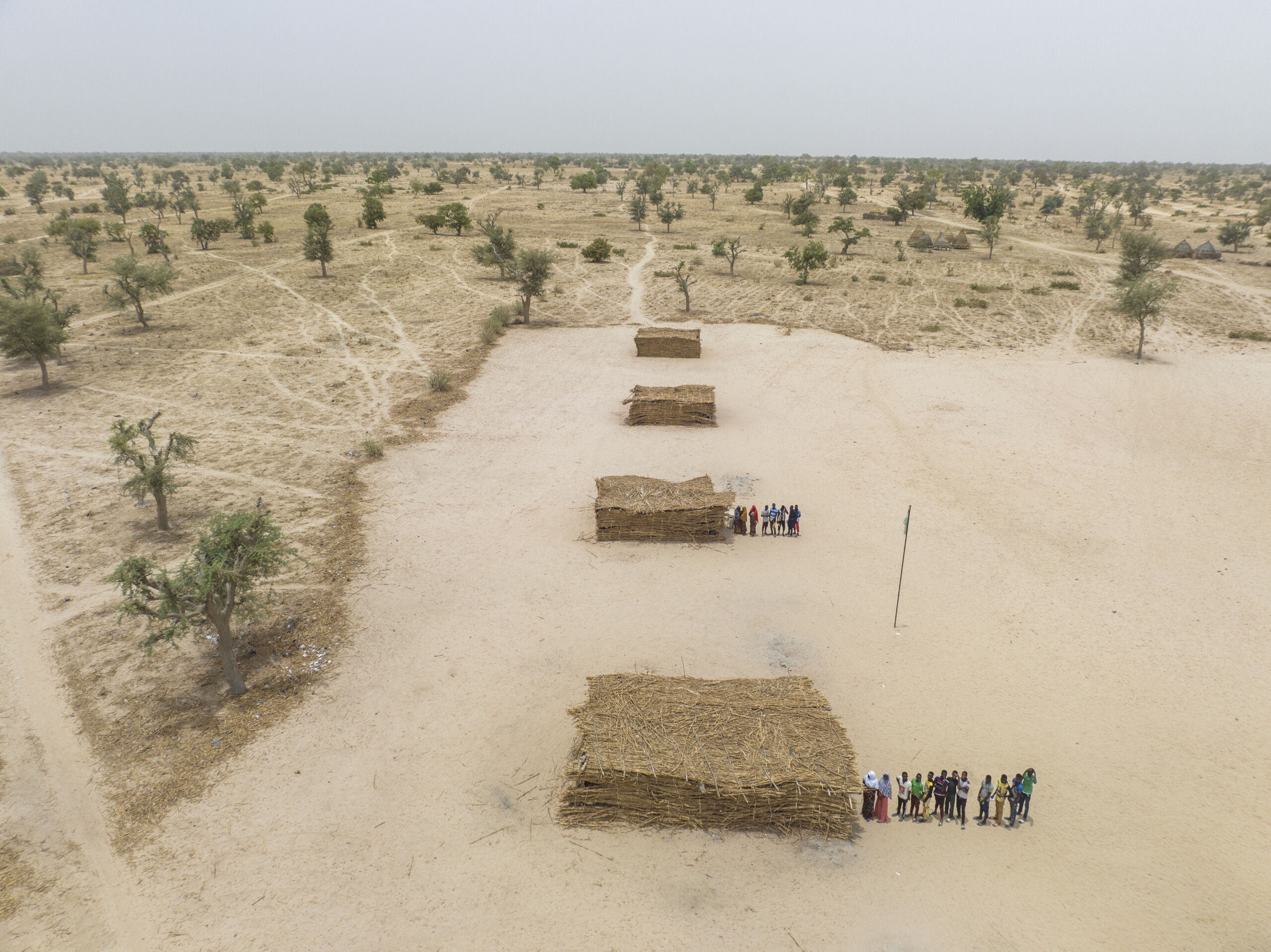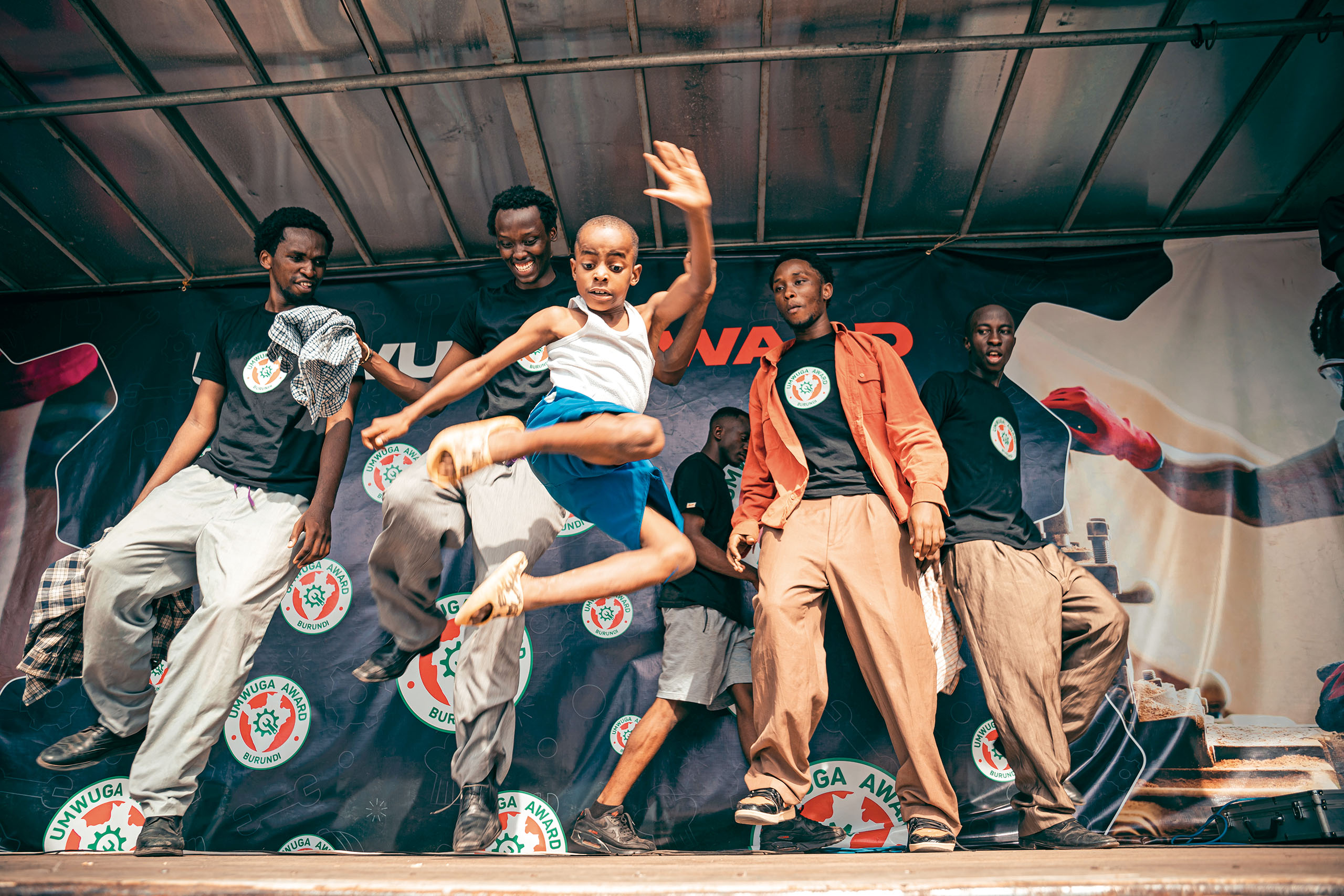Preserving the precious waters of Lake Tanganyika
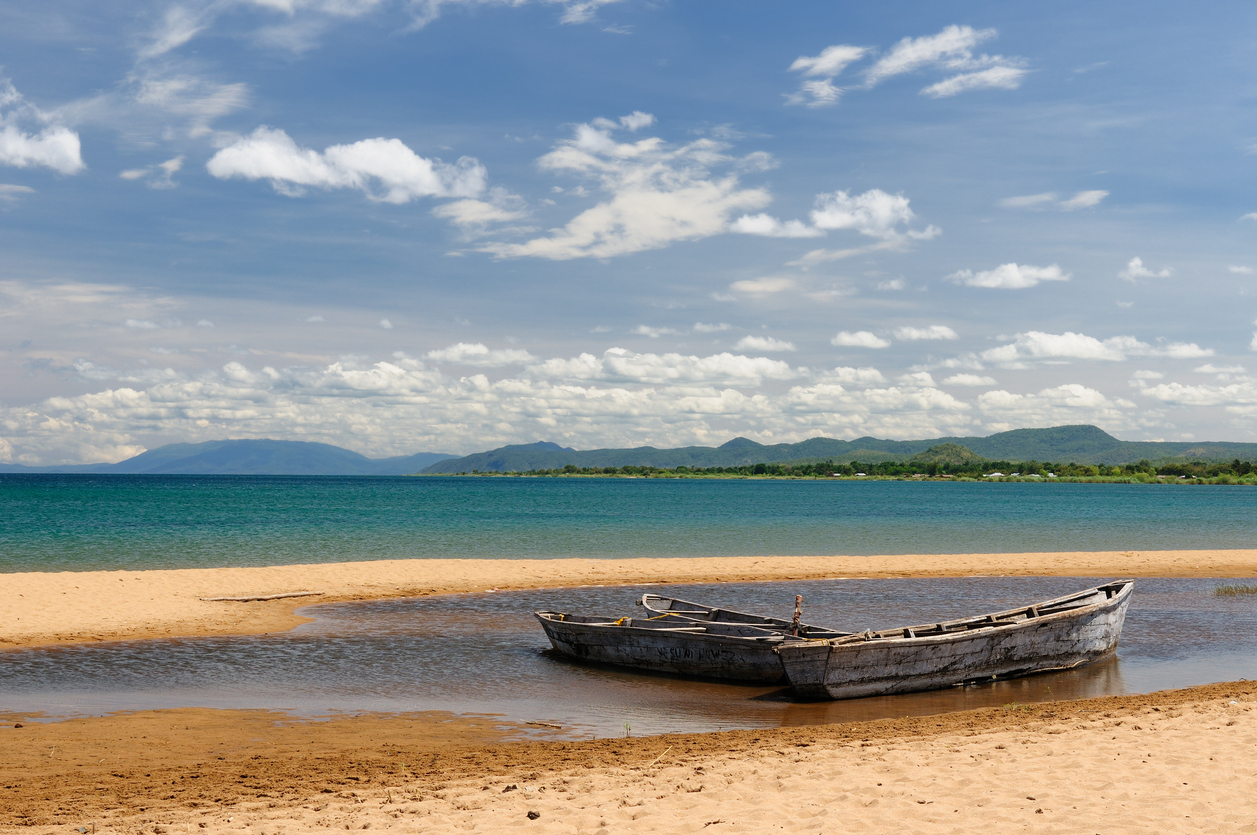
As phase I of the LATAWAMA project draws to a close, the European Union’s Ambassador to Burundi, Claude Bochu, looks back at the first results and the project’s future prospects.
Since 2019, the European Union has been funding the LATAWAMA regional project, implemented jointly by Enabel and the Lake Tanganyika Authority (LTA). With just a few months to go before the end of the first phase, what is your view on this project?
The main aim of the first phase of the LATAWAMA project is to lay the foundations for a network for environmental monitoring of the basin’s waters. In each of the countries bordering Lake Tanganyika, a national laboratory has been upgraded and equipped with all the facilities needed to analyse the quality of water. The laboratory staff were supported in enhancing their knowledge and analytical skills and a water sampling and analysis protocol was jointly drawn up. Today, the laboratories regularly collect and analyse water samples, the data from which is then checked and analysed by the project team.
The project further aims to make this an independent process, with even greater involvement of the Member States and the LTA. Moreover, thanks also to advocacy within the framework of the LATAWAMA project, a computer and database expert was recently recruited by the LTA for this purpose, which reflects how committed the basin authority and the four riparian countries are to sustaining the project’s results.
LATAWAMA also allowed developing pilot projects in the five countries of the Lake Tanganyika and Lake Kivu basin. Initiatives to improve wastewater and solid waste management have been set up in Bujumbura (Burundi), Kigoma (Tanzania), Mpulungu (Zambia) and Uvira (DRC). In Rusizi (Rwanda), Rusizi River basin management work is underway. Waste management strategies and master plans have also been drawn up in towns that did not have them (Mpulungu and Uvira), which will facilitate the development of other projects in the future. Despite its limited budget, the LATAWAMA project succeeded in developing large-scale activities. We are delighted with these achievements, which is why we have decided to continue our support to the protection of biodiversity in the waters of the Lake Tanganyika and Lake Kivu basin.
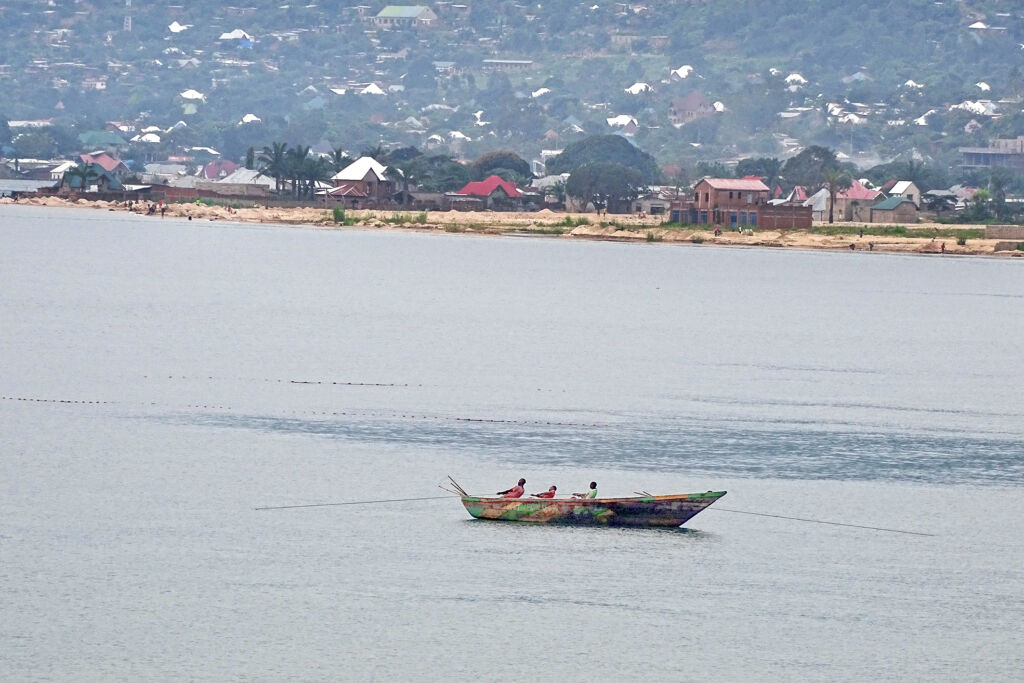
The European Union intends to finance the second phase of the LATAWAMA project. What encourages you to continue supporting the protection of Lake Tanganyika and Lake Kivu?
The spectacular rise in water levels over the last few years is proof of the importance of setting up a system to monitor the quantity of lake water and to develop an early warning system. This is why we consider it essential to further pursue the LATAWAMA project and foster sustainable and innovative approaches to address the challenges of waste management and water pollution in Lake Tanganyika and Lake Kivu. This new phase, which will start at the beginning of 2024, is part of the Team Europe Initiative on Transboundary Water Management, which combines the efforts of the European Union and its Member States to improve the management and protection of water resources (rivers, lakes, etc.) shared by several countries.
There are still many challenges when it comes to preserving transboundary waters. Do you have a particular message for the local community and other partners?
Because of its exceptional biodiversity, the Lake Tanganyika and Lake Kivu basin is a global treasure. We must all do our bit to protect it. The support provided by the European Union and other development partners, while substantial, is only one-off and limited in time. The riparian countries must therefore spare no effort to strengthen cross-border coordination and cooperation, consolidate the leadership of the regional basin authorities and gradually increase their national contributions. In the long term, these joint efforts ensure the long-term future of the activities developed and the sustainable protection of the unique local biodiversity.
